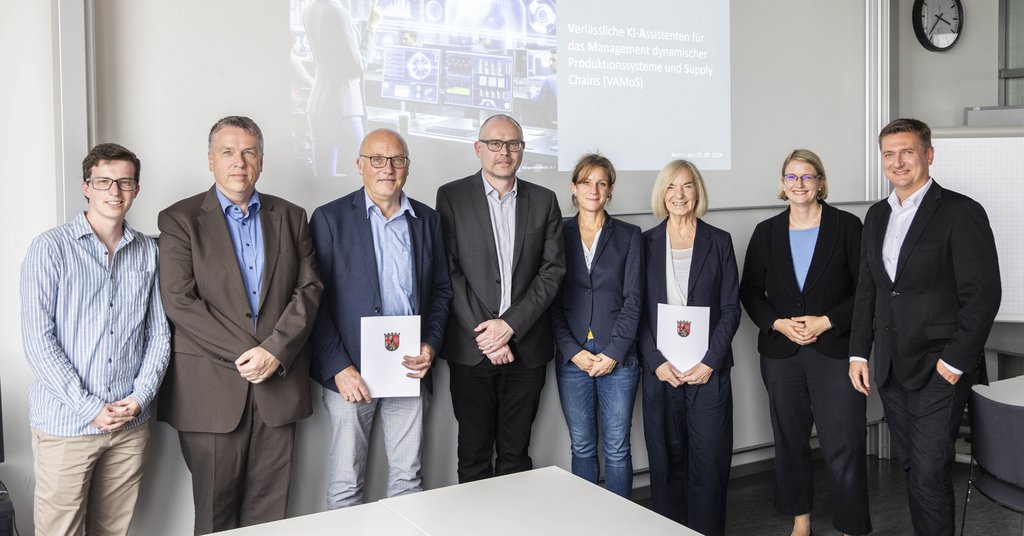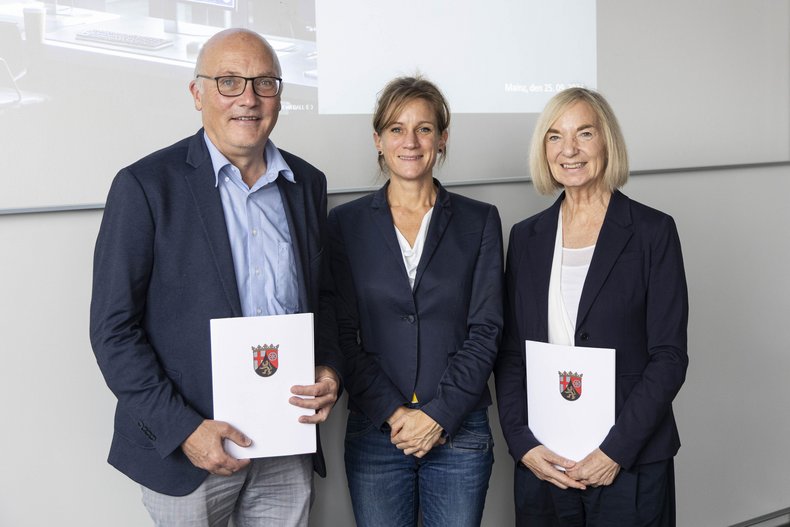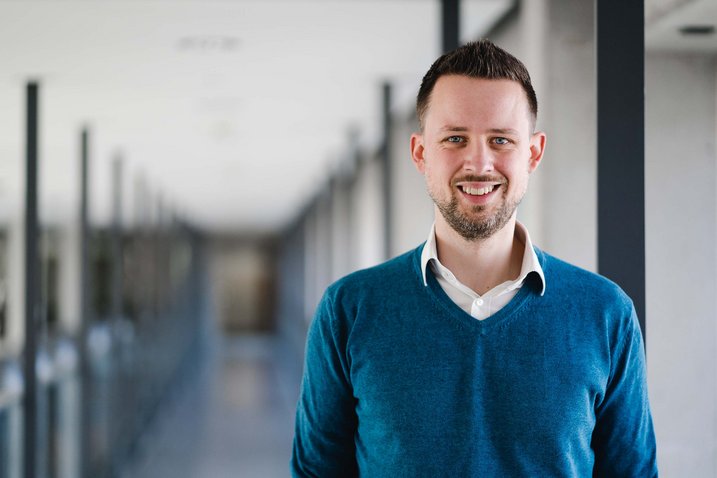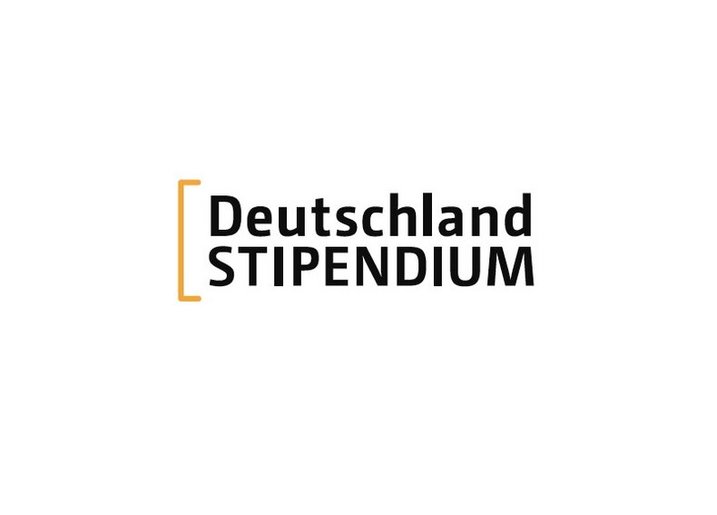Mainz University of Applied Sciences and the University of Kaiserslautern-Landau (RPTU) have launched a major collaboration on research into artificial intelligence (AI). The research program Verlässliche KI-Assistenten für das Management dynamischer Produktionssysteme und Supply Chains (VAMoS), which translates to Reliable AI Assistants for the Management of Dynamic Production Systems and Supply Chains, is being led by Mainz University of Applied Sciences. The three-year project will receive total funding of €749,200 from the Rhineland-Palatinate Ministry of Science and Health. As part of the research program, a total of five young scientists from the two universities are working towards their doctorates.
The rapid development of AI technologies offers enormous potential for the automation and optimization of complex production and supply chain processes. The VAMoS research program aims to develop reliable AI assistants that are able to support decisions to a degree of autonomous decision-making and thereby significantly improve the efficiency, transparency, and cost structure in dynamic production systems. To achieve this, processes, methods, and tools are being researched and evaluated with partners from the industrial sector.
“Our universities are training urgently needed specialists with digitalization and AI expertise – for the economy, society, and public authorities, for the innovations of tomorrow. The practical relevance of research, as is the case in the VAMoS research program, is crucial here. Such projects qualify the next generation of scientists in our state in the field of AI assistants and foster collaborations that are of great importance both within the scientific community as well as economically and socially,” remarked Katharina Heil, Ministry Department Head from the Ministry of Science and Health.
Prof. Dr. Susanne Weissman, President of Mainz University of Applied Sciences, very much welcomes the cooperation with RPTU: “The close interdisciplinary collaboration on a high scientific level in combination with strong application-related expertise is an approach that integrates both technological and economic perspectives. Looking ahead to the future right to award doctorates for research-intensive areas at universities of applied sciences in Rhineland-Palatinate, the research program is already providing our talented young researchers with opportunities to gain qualifications in the field of research and development through the cooperative doctorate.”

“We can assume that we will increasingly find highly automated or even fully autonomous AI assistants and systems in many areas of business. However, there are unresolved challenges in development, such as the aspect of reliability and the interactions of user requirements, data security, and functional safety. Future doctoral candidates will focus on these topics,” explains Martin Kowalczyk, Professor of Information Systems at Mainz University of Applied Sciences.
Prof. Dr. Werner R. Thiel, Vice President for Research at RPTU in Kaiserslautern, added: “With VAMoS, we are helping to qualify young researchers who can translate the potential of digitalization into practical solutions – solutions that benefit society and the economy. Artificial intelligence plays an important role in many projects at RPTU – especially when it comes to developing sustainable production methods or processing huge amounts of data in a way that users can understand. Last but not least, we also offer doctoral students additional support, for example in the form of mentoring, through our TU-Nachwuchsring.”
Prof. Dr. Peter Liggesmeyer from RPTU in Kaiserslautern added: “The expected benefits of highly automated AI-supported systems are very high, but widely applicable methods must be developed for the analysis of AI systems in safety-critical applications. Humans will also be involved in such systems. To be able to understand and use their dynamic properties transparently, the members of the research program are researching suitable display mechanisms.
Since 2018, the Rhineland-Palatinate state government has been enabling graduates of universities of applied sciences (HAW) to complete doctorates in collaboration with universities through the Forschungskollegs Rheinland-Pfalz. Joint research projects between universities and universities of applied sciences are funded under an overarching theme.




